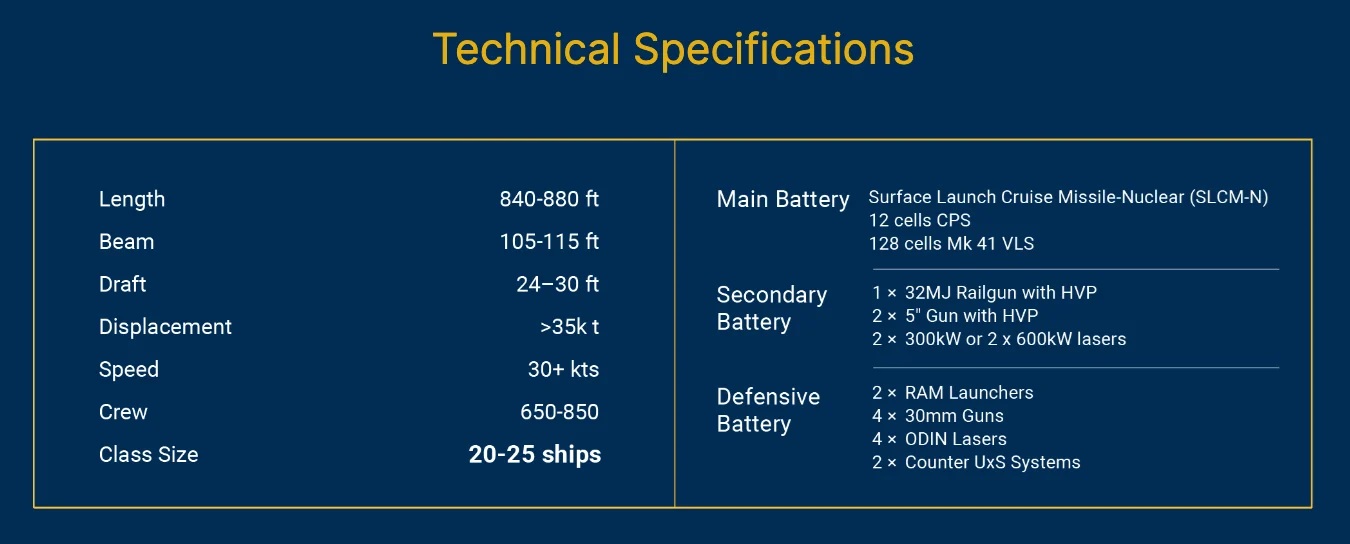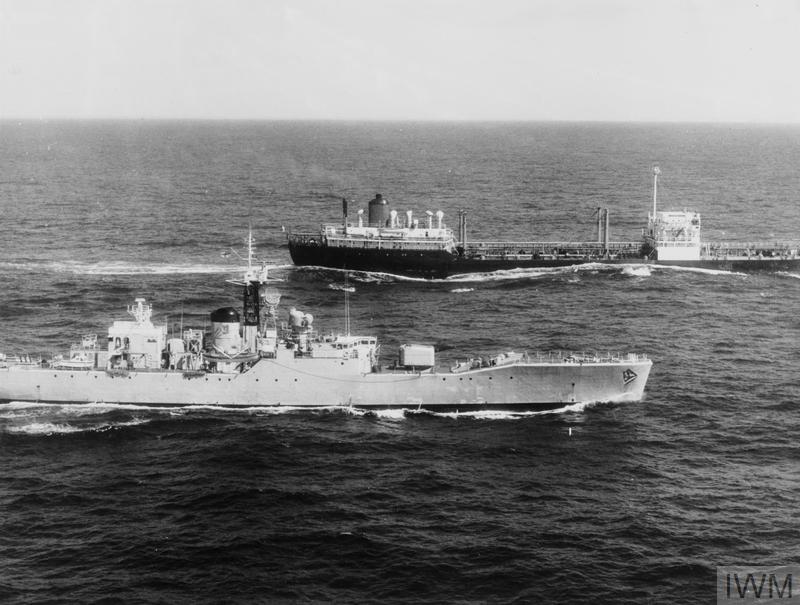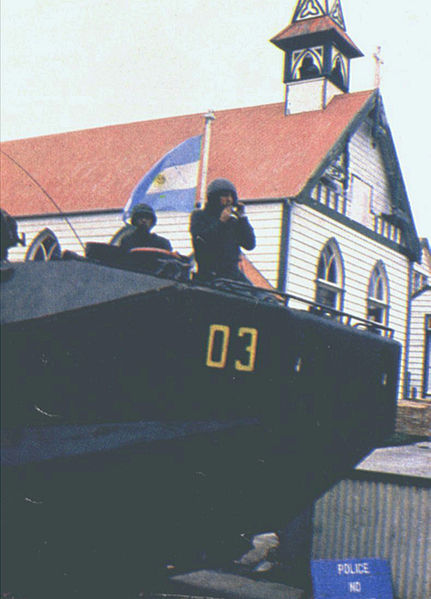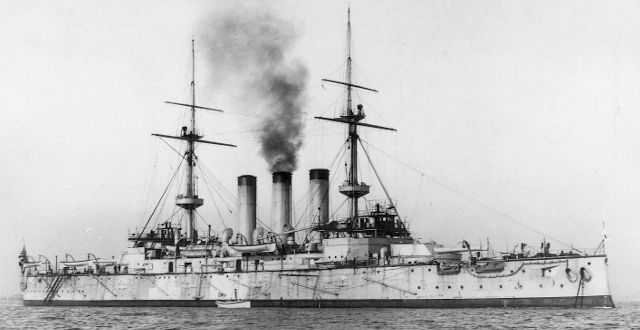This week has seen the announcement by the Trump Administration that they are going to be building "battleships", a subject that is well within my beat, so I figured I would take the time to start by saying that these are nothing of the sort. Defining the battleship is slightly tricky, but the best version I have is that it is a large, gun-armed armored warship. This proposal is certainly large, but it doesn't really classify as gun-armed, in that the guns are clearly secondary weapons, and there's been no discussion of armor at all. So whatever these are, they aren't battleships. Their closest cousin is the Soviet Kirov class, which likewise are somewhat hard to classify, but in the finest tradition of the USN, I'm going to go with "Large Missile Cruiser" for these. But the fact that they're being called by the wrong name, while personally extremely annoying, is just the tip of the iceberg.

First, a look at the announced specs, as given above. The dimensions are somewhat large given the displacement, as they're a pretty close match for Iowa, which is 50%+ heavier at full load, although they're also not too far from the Alaskas, of roughly the same displacement. The length might make sense if they were going for nuclear power, because a very long hull would minimize power requirements, but it seems that it's IEP instead. But then we get to armament, and things get weird. It starts with the new ship-launched nuclear cruise missile that Trump has been pushing since his first term. This is basically a replacement for the nuclear Tomahawk, and whatever the logic for or against such a program might be, there's the problem that I'm pretty sure there's no need to have this new "battleship" to use the missile. Details on the missile are very sketchy, but given that the base program is targeted at submarines, it probably can just go in the VLS with everything else. If it can't that's a requirements problem, and we should change those instead of spending money on this thing. I'm sure the crews will love it, too, given the need to guard the VLS all the time to avoid letting anyone know if there are actually nukes aboard.
Read more...








Recent Comments